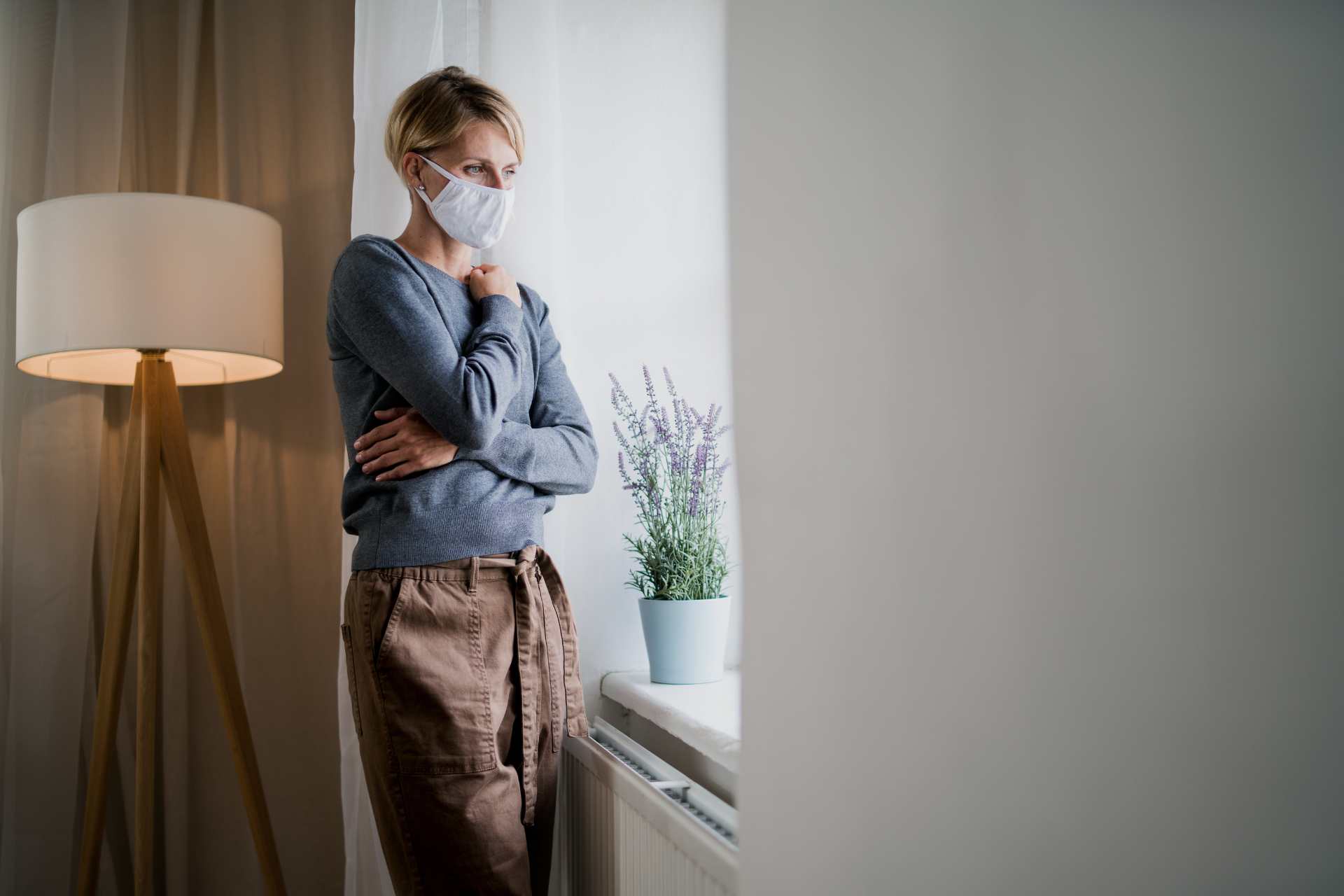What is already known
Recent studies have shown that certain gut microbes are associated with COVID-19 severity, but it’s unclear whether there’s a causal relationship between disease symptoms and alterations of the gut microbiota.
What this research adds
Working in mice, researchers found that the virus SARS-CoV-2, which causes COVID-19, can disrupt the gut microbiota and alter gut epithelial cells. Similar observations were made in human stool samples from people with COVID-19. The disease is associated with severe microbiota alterations, including a loss of bacterial diversity. These microbiota alterations in COVID-19 patients also appear to be associated with secondary infections by gut bacteria.
Conclusions
The findings suggest that alterations of the gut microbiota during COVID-19 can favor dangerous secondary infections.
COVID-19 can not only damage the walls and linings of the air sacs in the lungs, it may also disrupt the gut microbiota in ways that promote dangerous secondary infections, a new study suggests.
The findings, published in Nature Communications, suggest that infection with the virus SARS-CoV-2, which causes COVID-19, directly interferes with the gut microbial composition. “Now that we have uncovered the source of this bacterial imbalance, physicians can better identify those coronavirus patients most at risk of a secondary bloodstream infection,” says study co-senior author Ken Cadwell at New York University Grossman School of Medicine.
Recent studies have shown that certain gut microbes are associated with COVID-19 severity, but it’s unclear whether there’s a causal relationship between disease symptoms and alterations of the gut microbiota.
Working in mice, Cadwell and his colleagues set out to investigate whether SARS-CoV-2 infection disrupts microbial communities in the gut or if a weakened gut microbiota can make the body more susceptible to the virus instead.
Microbiota disruptions
The researchers used a mouse model that develops severe respiratory disease in a virus dose-dependent manner. The mice were infected with SARS-CoV-2 and then monitored for several days. Mice infected with a high dose of virus lost weight and showed other signs of disease around day 4.
The animals also showed severe microbiota alterations, including a loss of bacterial diversity. The most significant changes included an increase in Akkermansiaceae and a decrease in Erysipelotrichiaceae and Clostridiaceae, a family of bacteria that can only live in environments lacking oxygen. Infected mice also had more Proteobacteria in their guts. Proteobacteria include pathogens such as Escherichia and Shigella.
In mice whose microbiotas were disrupted the most, the disease was also associated with alterations in gut epithelial cells and signs of increased intestinal barrier permeability, the researchers found.
Interconnected parts
To investigate the microbiota of people with COVID-19, the team analyzed 130 stool samples from patients across two hospitals. Like infected mice, COVID-19 patients also showed microbiota disruptions and reduced bacterial diversity.
Faecalibacterium was one of the microbes that was reduced the most in the gut of COVID-19 patients, the researchers found. Faecalibacterium is a beneficial gut commensal, and its reduction has been associated with disruption of the intestinal barrier function.
The microbiota alterations observed in COVID-19 patients appeared to be associated with secondary infections of the blood by gut bacteria: the researchers identified four cases of positive blood cultures of Staphylococcus species.
“Our results highlight how the gut microbiome and different parts of the body’s immune system are closely interconnected,” says study co-senior author Jonas Schluter. “An infection in one can lead to major disruptions in the other.”











